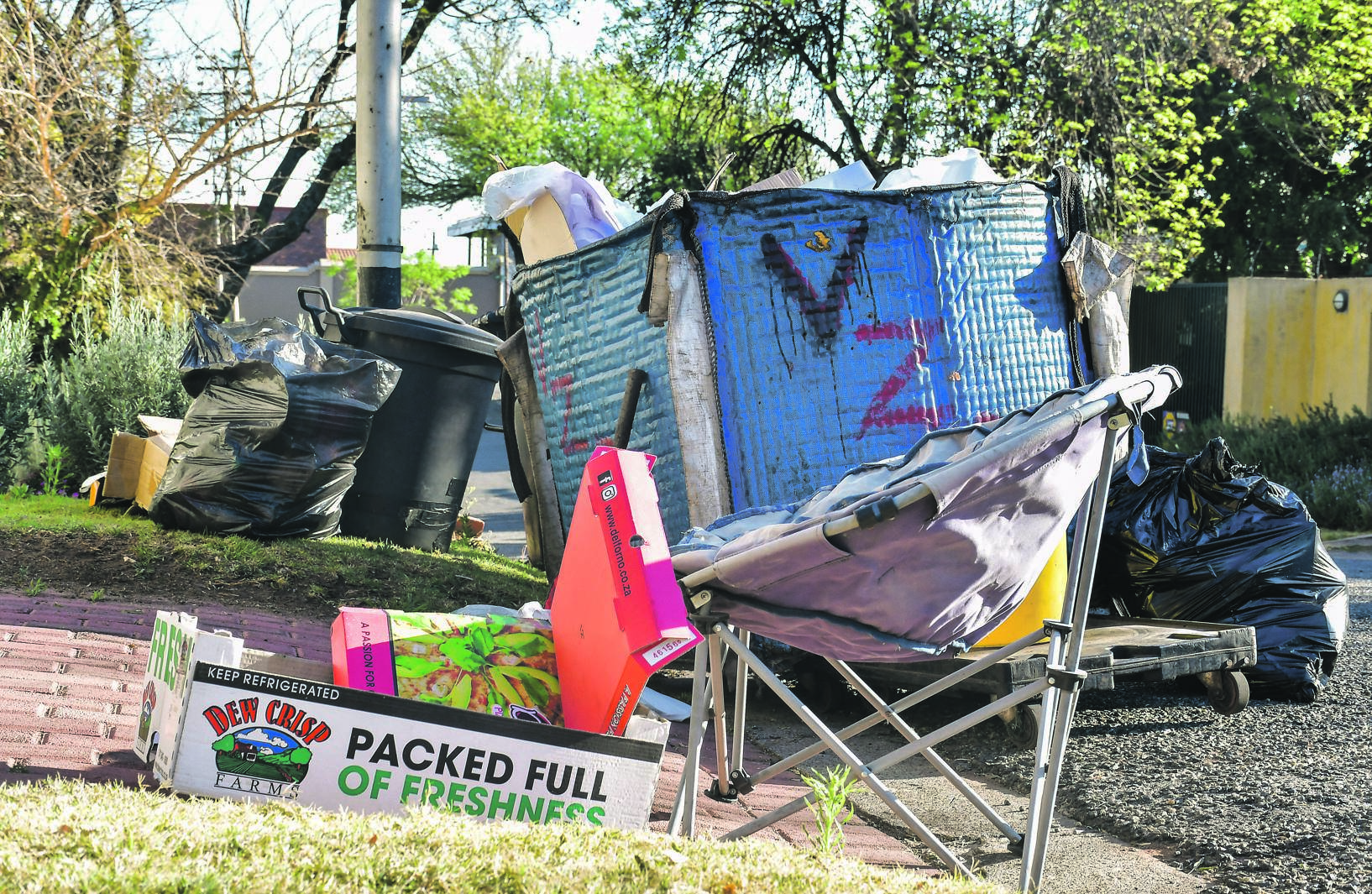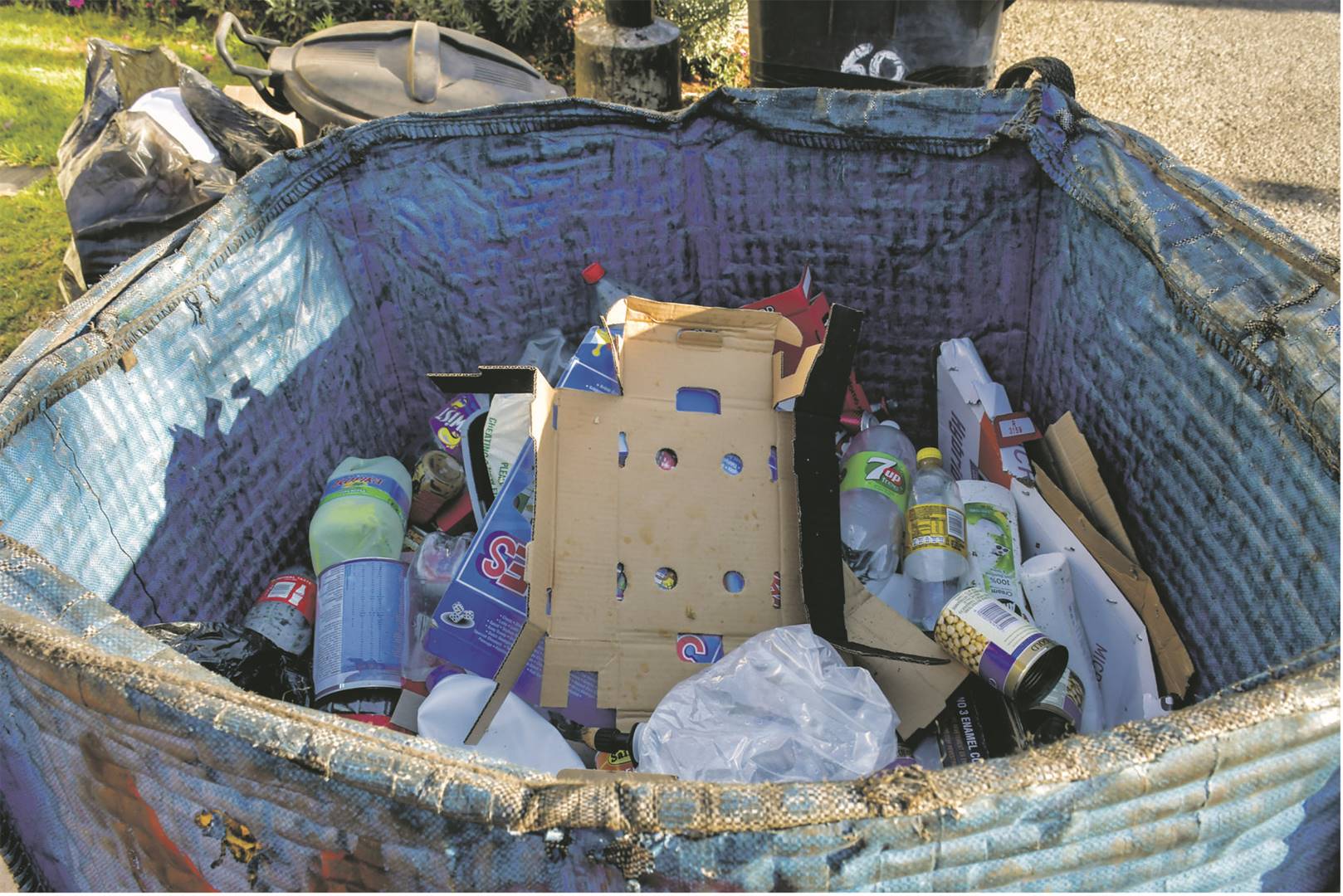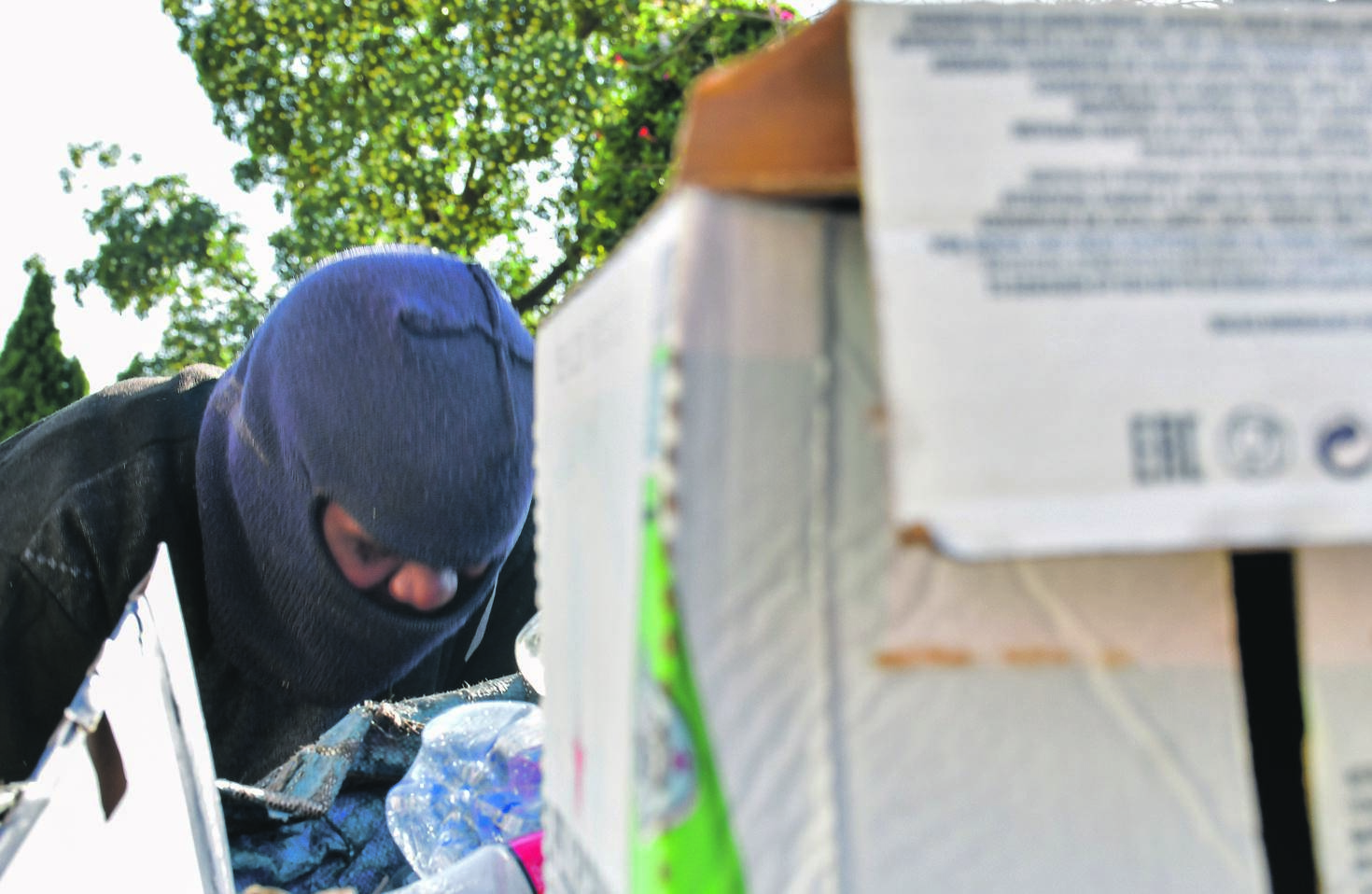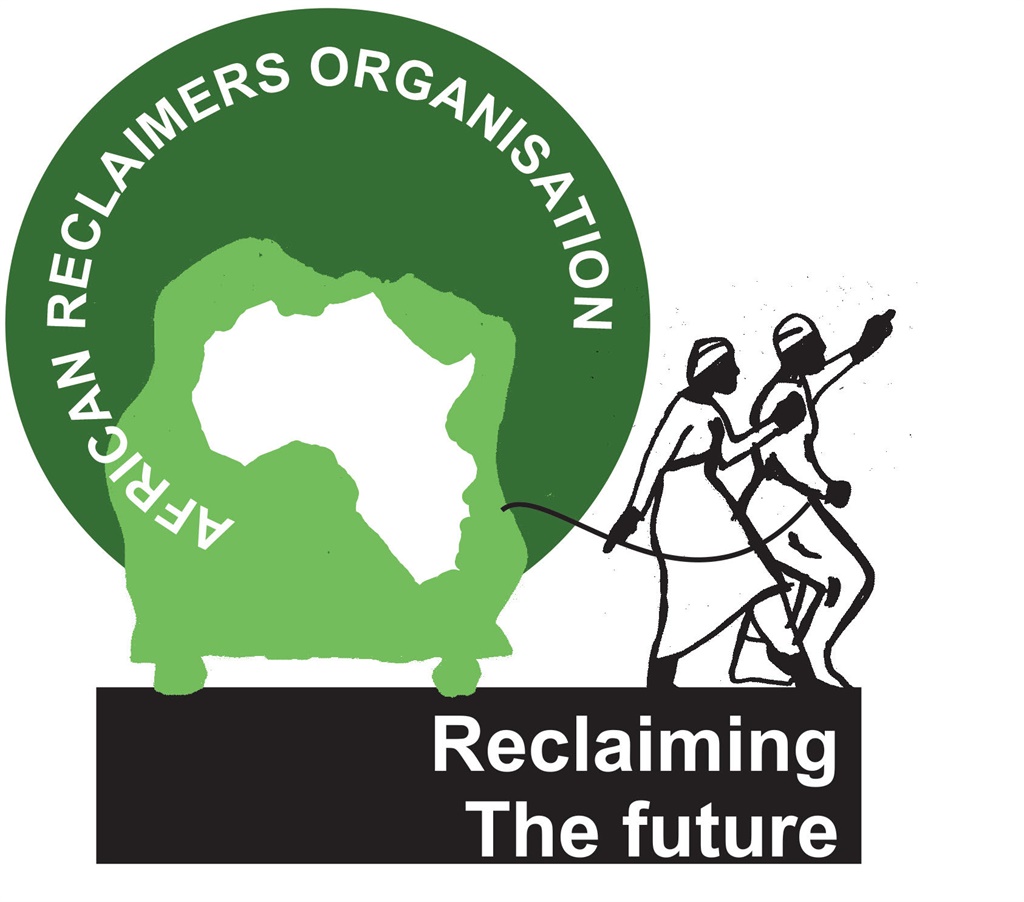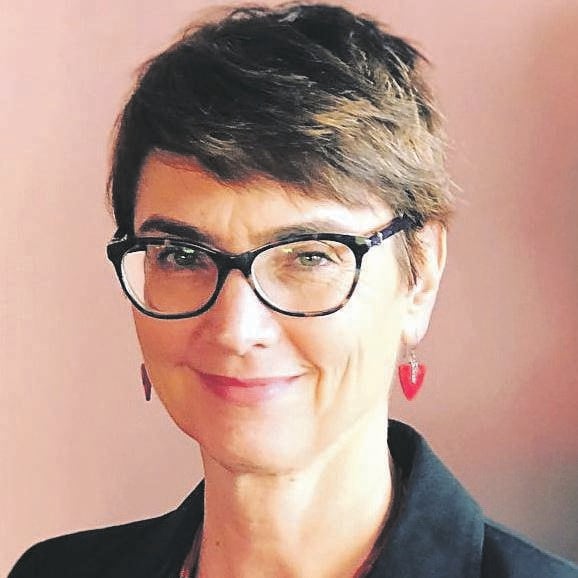
The clack-clack-clack of their carts is the soundtrack to early mornings in most South African suburbs. While they operate on the fringes of society, these men and women who go through our rubbish bins are at the frontline of cleaning our cities and saving our planet. Yvonne Grimbeek reports
The men and women who go through our rubbish were the first ones to see the value in it, says Dr Melanie Samson.
A human geographer at the University of the Witwatersrand, Samson has been working with reclaimers for more than 10 years, and is passionate about acknowledging their contribution to our economy and environment.
“At a time when government and residents were not paying any attention to recycling, it was these men and women reclaimers who identified valuable material that was being thrown away,” she says.
“They are the missing link in the recycling economy.”
According to the Council for Scientific and Industrial Research (CSIR), reclaimers save South African municipalities between R300 million and R750 million a year in landfill space, and this is without even taking into account the money saved by municipalities on trucks, petrol and wages.
South Africa’s recycling rate is equivalent, or better, than a number of European countries because of these waste reclaimers.
Research by the CSIR demonstrates that reclaimers collect between 80% and 90% of all the packaging and paper collected for recycling in the country, and, if they stopped collecting, the recycling industry in South Africa would grind to a halt.
By recycling, they have also helped to reduce the discharge of greenhouse gases. If these ubiquitous reclaimers didn’t take recyclable materials out of the normal rubbish collection system, we would be drowning in rubbish and facing severe problems related to space for landfill sites.
“Our landfills would have closed years ago if it was not for the work of the reclaimers,” Samson says.
“We look down on them and stigmatise them because they work with trash and get dirty, but they are doing our dirty work for us. We are the ones who are dirty and crazy, not them, because we are throwing away valuable materials and burying them in garbage.”
Samson says that, in the context of South Africa’s exceptionally high unemployment rate, reclaimers undertake this difficult and dirty work to support themselves and their families.
However, they receive less money for recyclable trash if they sell it in small quantities.
“Reclaimers have sorting areas where they live or in parks. This is where they sort and store what they have reclaimed for as long as possible. They then try to sell the recyclables when they have a significant pile of material. They sell the material at different venues, depending on the price they are offered by recycling companies. They often walk long distances just to get a good price for their materials,” she says.
And here lies the problem. The reclaimers are effectively cleaning up our cities for free. They are subsidising the recycling industry and municipalities through their hard work, but, instead of being recognised, they are stigmatised, marginalised and seen as unskilled manual labour.
“Reclaimers play a crucial role in resurrecting value from rubbish. We need to learn from them.
“As government and industries are beginning to recognise the importance of reclaimers, they need to find ways of working with them,” says Samson.
She is working on a draft national guideline on waste picker integration that was developed by all stakeholders in the sector and will recognise the immense role the reclaimers play in our cities.
“We need to recognise what exists, we need to make it official and we need to pay for collection. Private companies are paid collection fees for the recyclables they collect. There has to be equity as reclaimers can no longer provide a free service,” she says.
“Recycling is not the solution to the environmental crisis – we also need to dramatically transform production and consumption, and decrease usage. In the meantime, we have to ensure that reclaimers, as the backbone of the industry, have security in work and income as we shift to a more environmentally sustainable and just economy.”
. This project is reported by City Press and sponsored by Coca-Cola Africa




 Publications
Publications
 Partners
Partners




